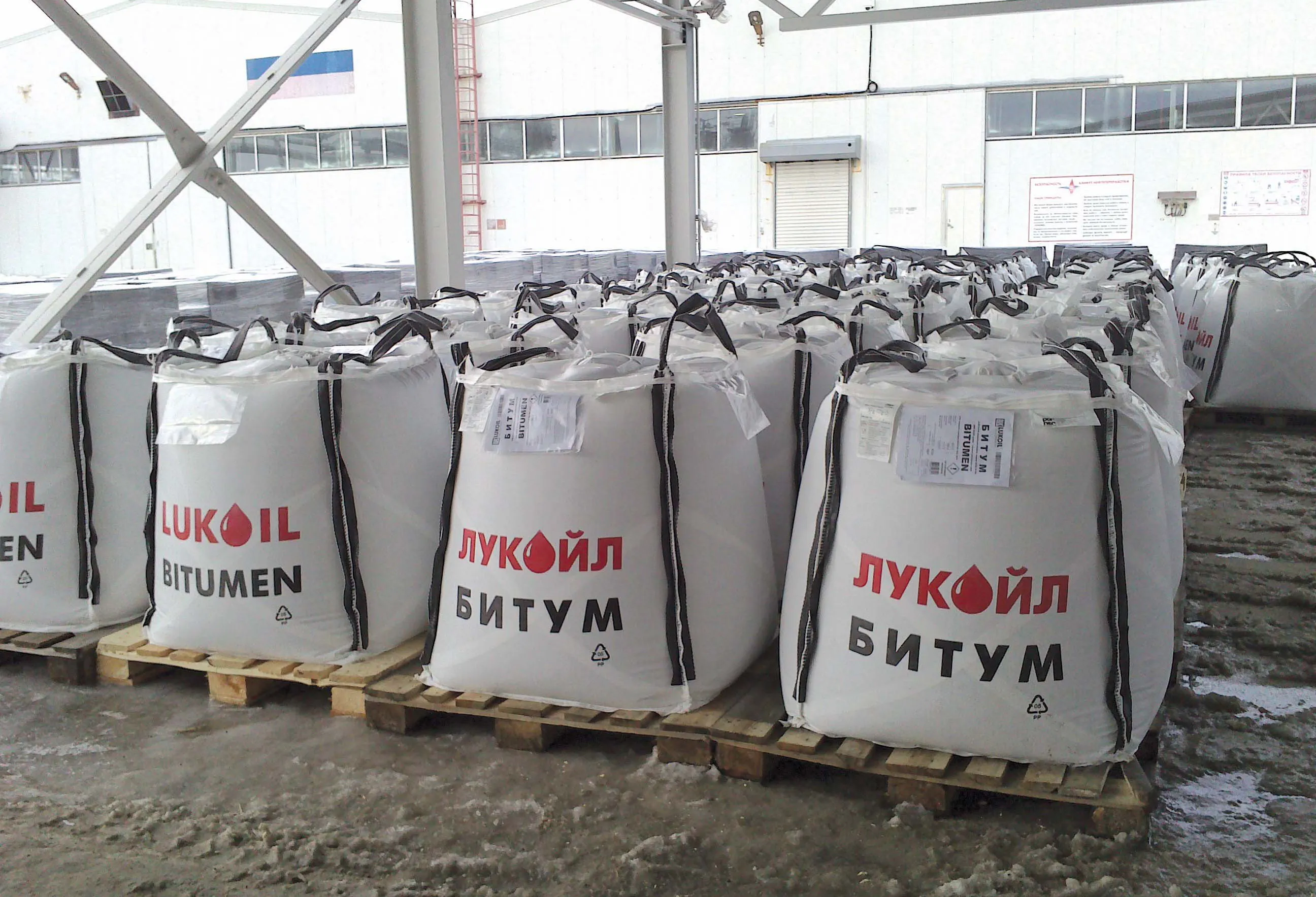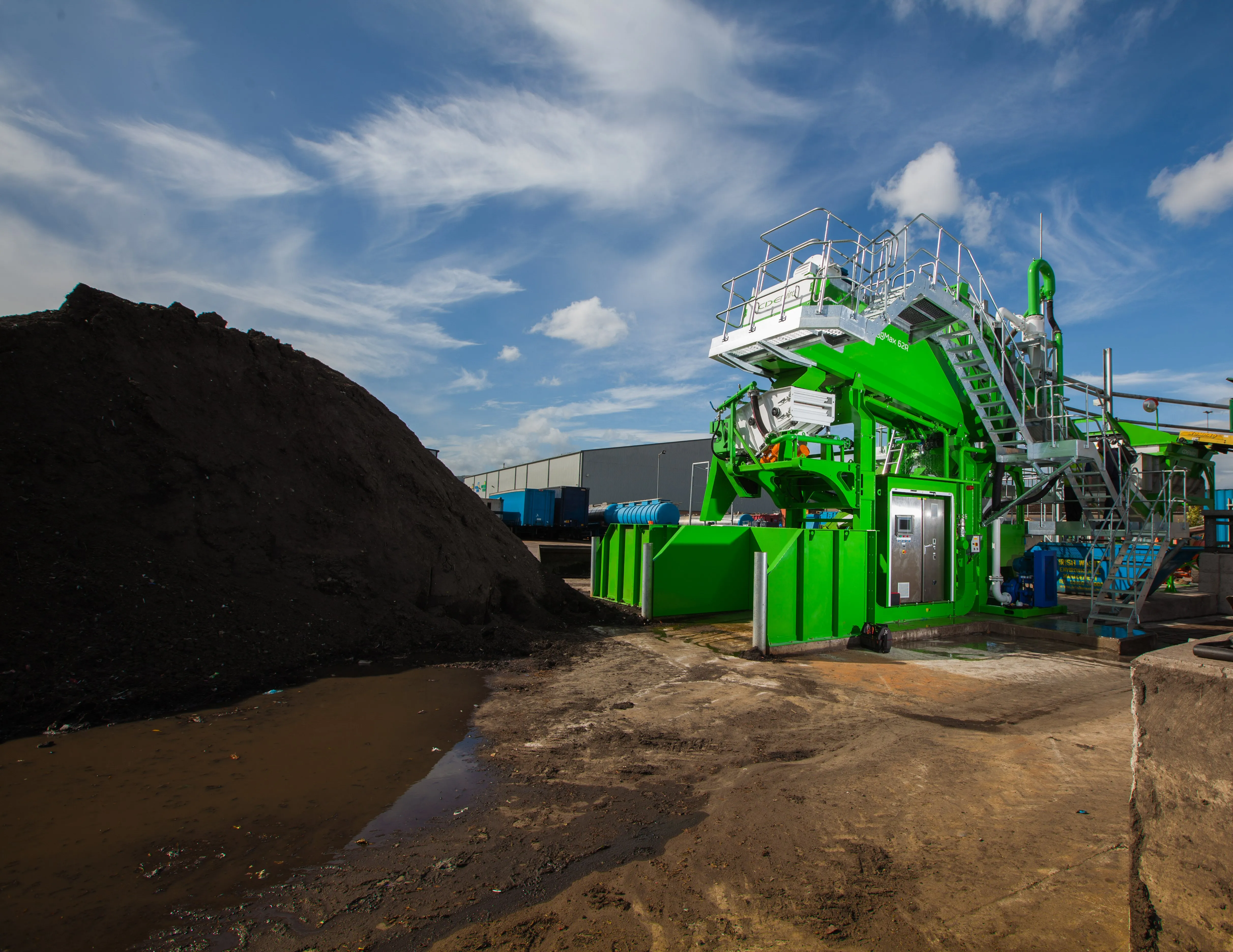Europe’s drivers will be able to save enormous sums of money if ambitious fuel economy targets are introduced by the EU this July. This claim has been made by a former UK Environment Agency chief, Malcolm Fergusson. His study predicts that annual fuel costs for Europe’s drivers could fall by about 23% by 2020 if the currently expected EU fuel efficiency target of 95grammes of CO2 emissions/km for new cars and 147grammes/km for vans is confirmed by the European Commission in July, as expected. If the target
May 18, 2012
Read time: 3 mins
Europe’s drivers will be able to save enormous sums of money if ambitious fuel economy targets are introduced by the EU this July.
This claim has been made by a former UKGreenpeace wants motorists to lobby their European Union representatives to support the measure. To arrive at his figures, Fergusson, who has previously reviewed CO2 emission reducing technologies for passenger cars in the EU looked at various scenarios for the UK based on differing emissions reductions technologies and different future fuel prices. Most ambitiously, an 80g/km target for 2020 coupled with a 60g/km goal in 2025 would cut 2030 fuel costs further still. For new cars, the savings figure would soar from £581/year under the 95g/km target in 2020 to an annual £1,216 under the ‘80g/km for 2020 and 60g/km for 2025’ scenario, in 2030.
If motorists save money they tend to drive further. So, Fergusson factored in a mileage increase of 20%. In this scenario, savings would still be made: between £465 under the 95g/km in 2020 picture, rising to £973 in 2030 under the 80g/60g hypothesis. Road transport currently accounts for 22% of the UK’s total carbon dioxide emissions, and an estimated 85% of that figure is attributed to fuel use and servicing operations, so backing this measure would also be of huge benefit to achieving the country's greenhouse gas emission reduction targets. Some automotive businesses are in favour of the 95grammes EU target and said the EU should set a non-binding target for 2025 to provide the car industry with investment security. But some manufacturers have protested about the targets, arguing that it would push up vehicle prices. Europe’s biggest carmaker, the
EU car manufacturers are already on track to meet a 2015 target of 130grammes/km ahead of time, according to data collected by the International Council in Clean transportation, which shows that the average CO2 emissions level of new passenger cars in the EU was around 135g/km last year, a drop of 3.7% on 2010.
What the report does not explain however is how taxation income will be affected. With Europe’s governments all relying heavily on income from fuel taxes, improved fuel economy for the vehicle fleet will trigger a massive shortfall. It seems likely that the European countries will then have to introduce new taxes to offset the drop in income. While motoring may become cheaper as a result of the fuel economy gains, other taxes will offset those savings. And many more countries may consider systems for tolling or road user charging as a way to recoup funds for re-investment into road infrastructure.









